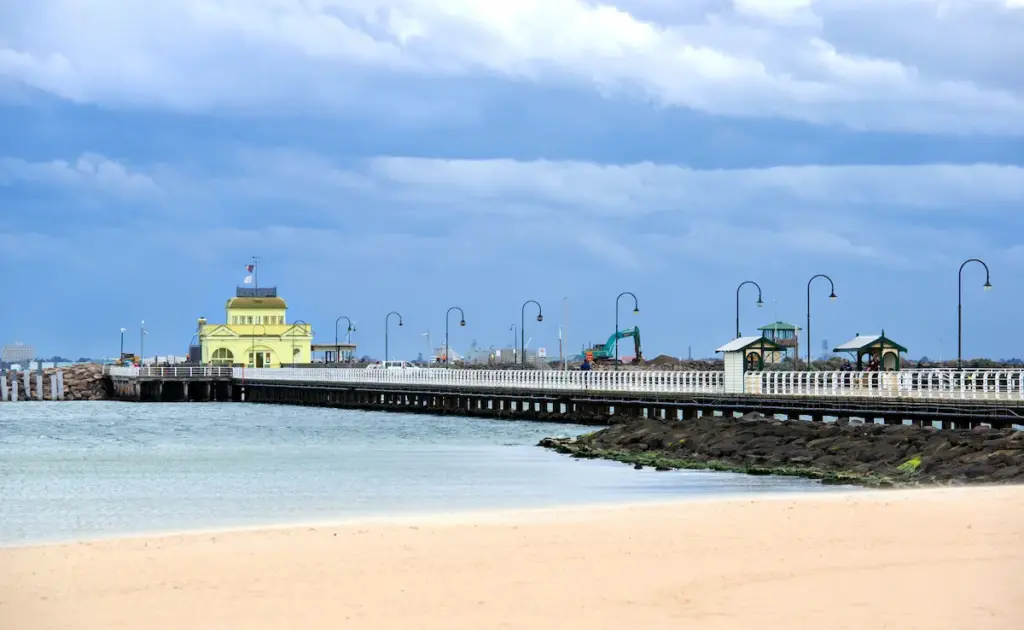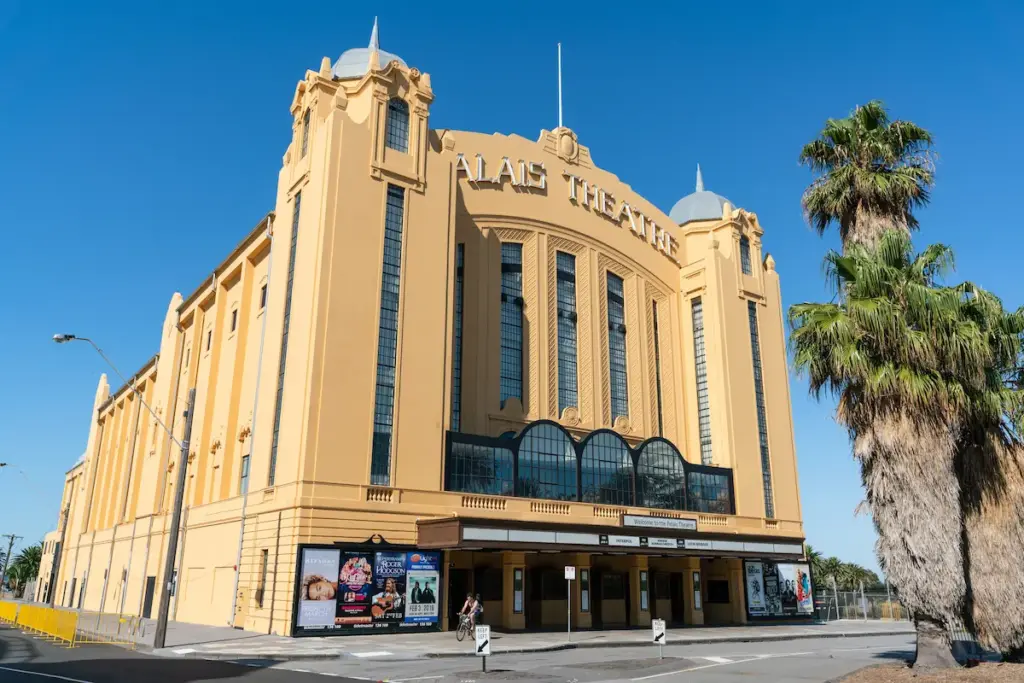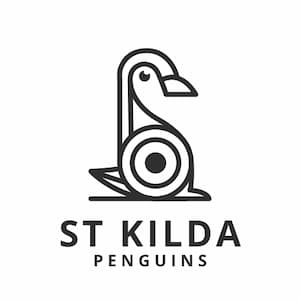Tips for visiting St. Kilda & Places To See
St. Kilda! One of Victoria – or even Australia’s – hotspots that will have something for everyone. From pumping nightlife, fine dining, family beach days, and of course, the penguin parades, St. Kilda is a vibrant hub of culture, relaxation, and fun in the sun. But what are some tips for visiting St. Kilda as a tourist outside the area, from interstate, or even abroad? With these tips you can have a great and fun adventure visiting one of Victoria’s most iconic tourist attractions.

Planning ahead – St. Kilda is a party zone!
If you’re looking to experience St. Kilda’s relative tranquillity and lazy days as sunset melts into night, you need to plan ahead. If you’re not up for festivals and parties – you’ll need to know that the St. Kilda precinct has its fair share of events. There’s Halloween on Fitzroy St. in October, the vaunted St. Kilda Blues Festival during March, St. Kilda Film Festival in June, and the packed to the gills and extremely fun St. Kilda Festival during February.
So, if you want a more relaxed journey to St. Kilda, make sure that you’re going on days that aren’t guaranteed to be crowded with people. That said, weekends always consistently draw people looking for great eats, a tipple or two, or coming from afar to catch an international live act at the Esplanade Hotel or Prince of Wales.
Encountering natural history in St. Kilda
Despite many man-made attractions in St. Kilda, the foreshore and beach are wonders of natural history. St. Kilda’s breakwater is the habitat of little penguins (formerly known as “fairy” penguins) which stand about a foot (30cm) tall and weigh about two pounds (one kilogram.) These penguins nested in the environment after the construction of the St. Kilda pier during the 1950s. They are usually burrowed during the day but will come out during twilight – and will draw up to 3,000 visitors per night on average.
There’s also a sunset penguin cruise you can consider taking in the sights of the foreshore and Port Philip Bay while having a great view of penguins coming out to find their fish for the evening. Ferries can also shuttle you to Williamstown across the bay if you so wish. You can also find natural beauty in St. Kilda’s Botanical Gardens that boast indigenous plants, a giant chessboard, kid’s playground, glasshouses, and seasonal displays of local flora.

Eating in St. Kilda
If St. Kilda had a sport, it would be eating! There’s no shortage of diners, grills, shops, and eateries in St. Kilda, ranging from Michelin-star rated restaurants, niche eats such as all-cheese eateries, hole in the wall delights, and pub grub – from some of the iconic pubs in St. Kilda such as the Prince of Wales or the Esplanade Kitchen. You can dine gazing over the foreshore at the famous Donovan’s on the Boulevard, known for their seafood, or travel up Acland Street for cultural eats and their famous continental cakes and pastries. Even the fussiest eaters will find something to nosh on in St. Kilda!
Things you need to consider
St. Kilda is a beach and hot days are common. Remember to wear sunscreen, a wide-brimmed hat, and weather-appropriate clothing (known as “slip, slop, slap” in the local vernacular.) Keep hydrated at all times and wear rigid, enclosed footwear when walking on sidewalks or coming off the beach. There are risks of sharps and irritants in and around the St. Kilda foreshore. During high traffic days, make sure you always maintain eye contact with your children, as they may get lost among the hubbub rather easily.
Parking around St. Kilda is possible during high volume days, but can be expensive during peak times. Other alternatives are to take buses to the area or to travel to Flinders Street Station in Melbourne and use connecting Trams. One can get the No. 16 tram from Swanston Street, No. 96 from Bourke Street, or No. 12 from Collins Street; No. 3 from Swanston Street to Carlisle Street, and Alma Road. These all require a topped-up Myki card to ride. You can also bike around though you will need a helmet, available from many local 7-Eleven stores.
Even though accidents are uncommon if you’re attentive, get travel insurance. Travel insurance usually covers emergency medical expenditures and repatriation. Lost baggage and aircraft connection insurance are other travel insurance options. Like your wallet or phone, you shouldn’t leave home without it. Remember to compare insurance to avoid unnecessary costs or update your cover if you’re unsure about the level you have before heading down to St. Kilda for a wonderful experience!
